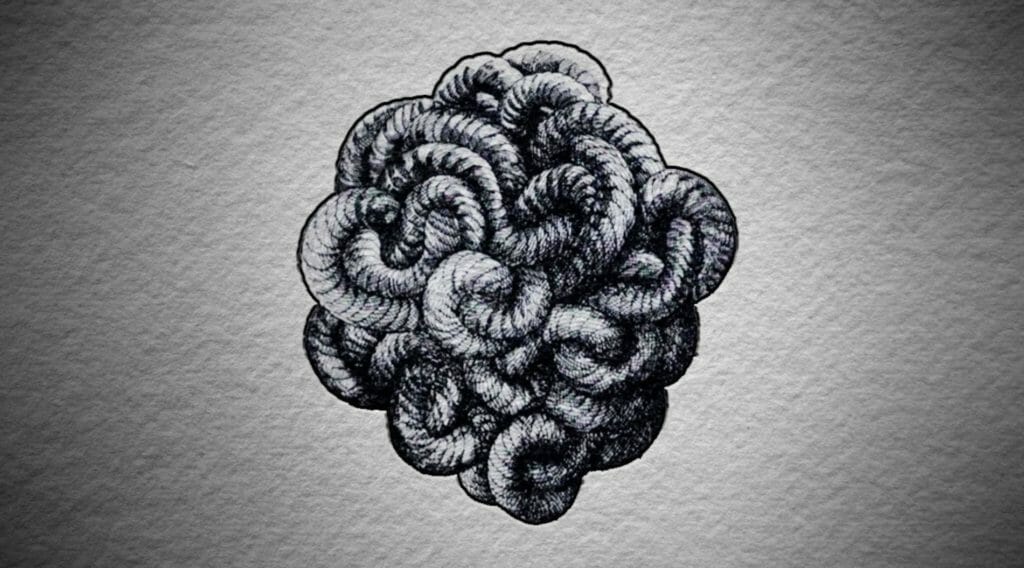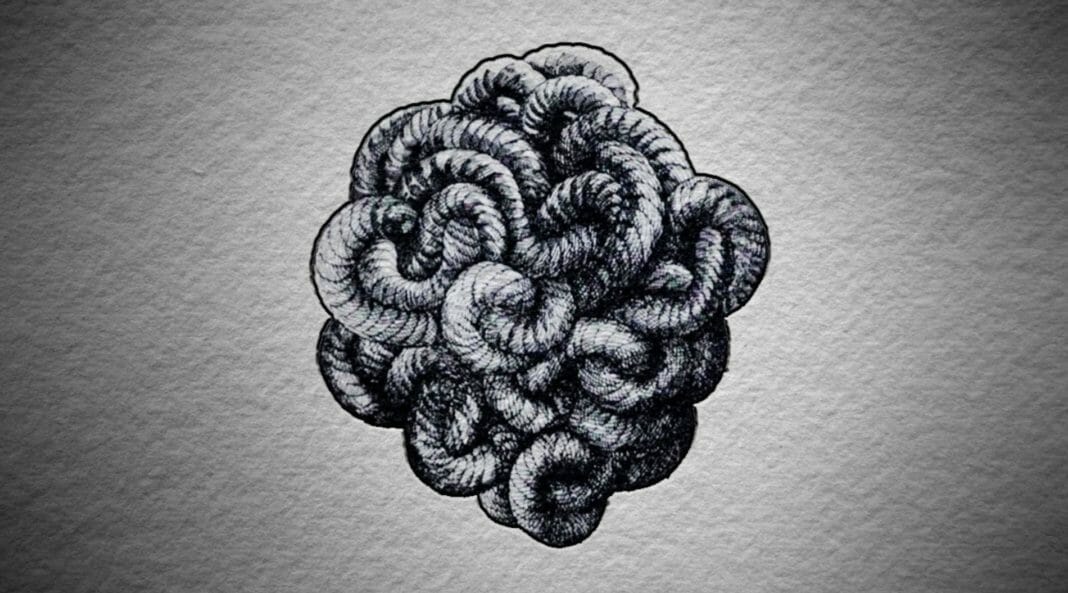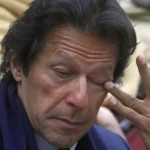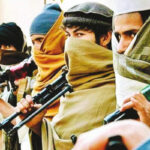Afghanistan is unfolding exactly as had already been generally analyzed and predicted; the Americans would leave just as the Soviets did, civil war would commence with the Taliban eventually getting the upper hand and that the sitting Afghan government likely to be ousted, sooner or later.
There would be no compromise by the Taliban in accepting the newly structured constitution, that the Taliban would enforce an Islamic System and Law and that they would insist on calling the State by the name that they had earlier given, i.e. The Islamic Emirates of Afghanistan. Yet we see amazement amongst our surprised Pakistani intellect as if they are suddenly confronted with something wholly new and unexpected. If this really be true, that these stalwarts were taken by surprise, then we are actually surrounded by the most ill-informed gentry who remain clueless and confused about the whole Afghan Spectacle. Headlines now scream that if the US withdraw, Afghanistan faces civil war – a blatant stating of the very obvious and that too after the fact. This was bound to happen and when Pakistan eagerly put its best foot forward and facilitated US-Taliban dialogue the possible implication should have been clearly understood then by everyone. First, that if there was no agreement a status quo would remain in Afghanistan and that the Americans would have to choose between continuing to stay till stability was achieved or to leave despite the violence. In the second case, if an agreement was arrived at the implications were obvious. Given the clearly stated Taliban position on their aversion to the new Constitution, their own perception on a power sharing formula, the name of the State, Islamic Law and system of governance etc., there was very little to negotiate or discuss. However, an agreement was arrived at despite the Taliban’s inflexible position on their principle points. Such an agreement, was predictably, limited to a ceasefire arrangement between the Taliban and the US (not the Taliban and the Afghan Government) and that the US would be allowed/facilitated to withdraw unhindered from Afghanistan. Thus Pakistan should have realized that any negotiated settlement between the US and Taliban exclusive of the Afghan Government would mean civil war in which the Taliban would never reconcile with a Government that they felt had facilitated foreign occupation and who strongly opposed everything the Taliban stood for by way of governance, constitutional codes and human rights – especially emancipation of women. The Taliban now want to wrest total control and there is no one to stop them, there is also an element of vindication and an ethnic as well as ideological conflict that can only end when the last man standing is down from either one of the sides or then, Afghanistan, is divided to accommodate both parties. This is the nature of the civil war that is likely to unfold and there is nothing that can stop it, moderate it or influence it.
The Taliban have seen off the combined forces of the International Coalition and the United States; they sense victory and correctly feel that the little that remains by way of resistance will be easily overcome. The collapse of the ANA and the US framed security apparatus that was constructed almost overnight was bound to fail. Having now fought for the better part of 20 years, for us to expect the Taliban to put down their arms and look for a political solution in a conflict where victory and success seem to appear so close at hand, is not just unrealistic but indicates a lack of understanding of the ground situation. This was a conflict waiting to happen in the wake of the US attempt at fiddling with the very character of the Afghan nation A character and nature that had based on history, tradition, culture and geography. All the elements the US ignored as they patched together an unrealistic Unity Government with a Westernized Constitution that would neither be acceptable to the Afghan people nor have any place in the Afghan ethos. Thus when Pakistan appears to show displeasure in a Taliban takeover of Kabul by force, it appears not only misplaced but totally irrelevant; after all, what exactly does Pakistan want: to support a hostile government that did its damnedest to harm Pakistan and work with the Indians towards this end? Most would say good riddance!!

The Afghan Gordian Knot
Lt. General Tariq Khan (Retired), an erudite general from Pakistan’s Armored Corps and a decorated War Veteran, is an expert on critical issues related to Terrorism & Insurgencies. General Tariq Khan during the Battle of Bajaur, transformed and re-shaped Frontier Corps into a relentless fighting force and raised FC’s own special forces popularly known as SOG. Commanded and led major operations in FATA from the frontline, his model on counter-insurgency is still applied to this day.
Lt. General Tariq Khan (Retired) leads CommandEleven’s Board of Advisors as our Patron-in-Chief.








